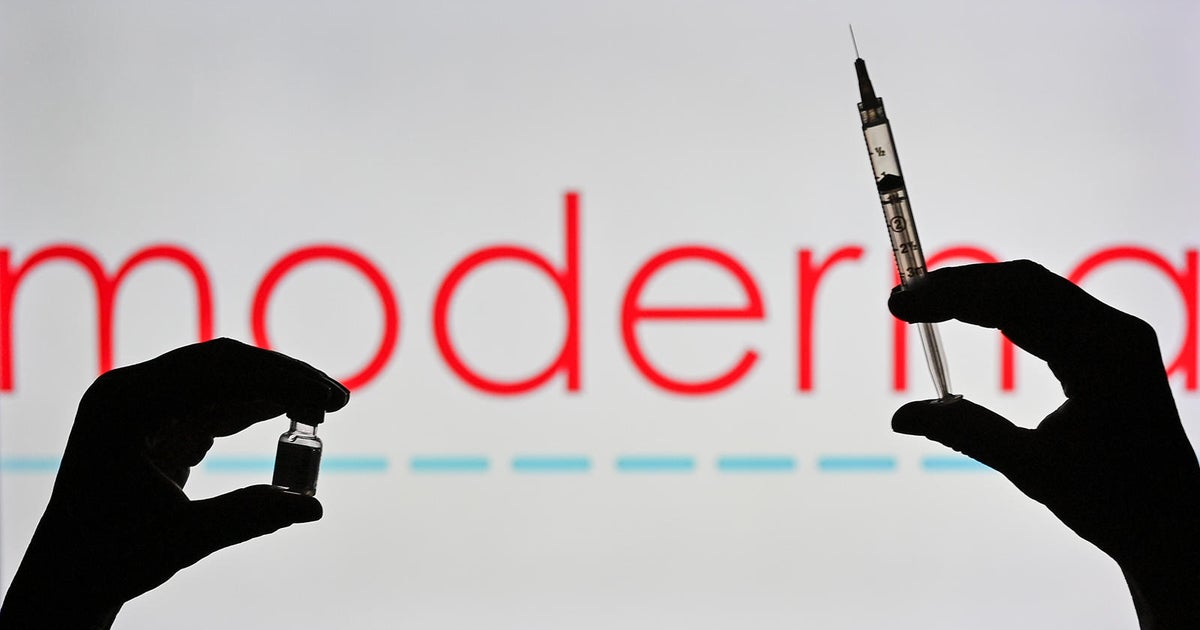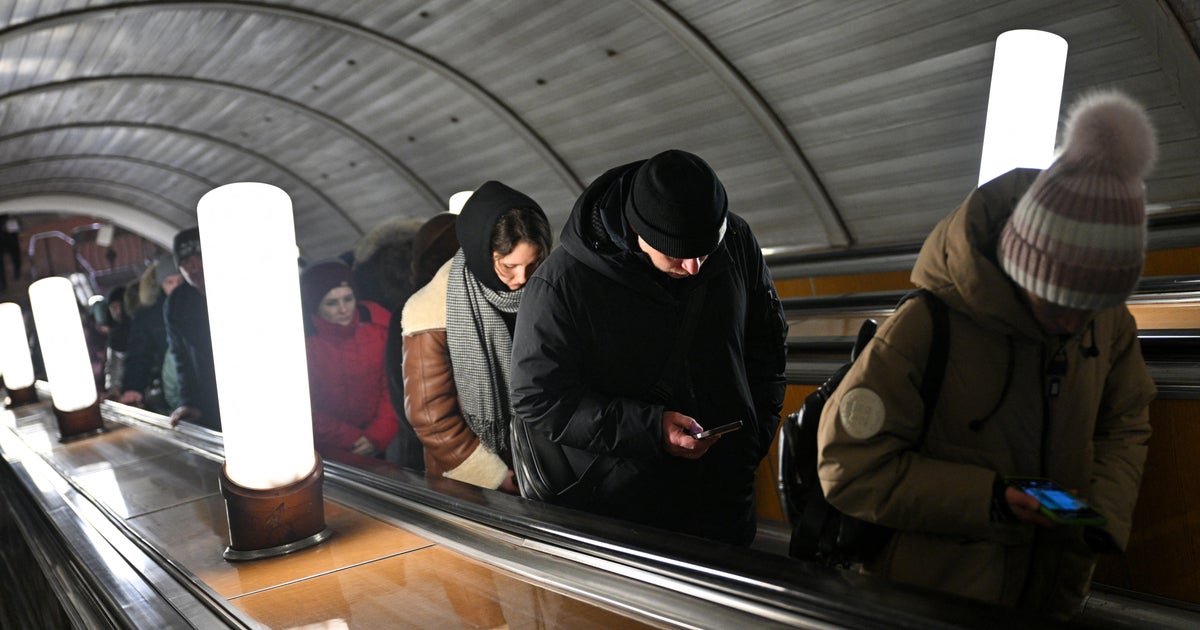Hackers with "direct link" to Russian state targeting vaccine work
London — Russia has denied allegations from the U.S. and two allies that it's trying to steal research on coronavirus vaccines from Western countries. CBS News correspondent Charlie D'Agata says one of the most promising COVID-19 vaccines undergoing clinical trials right now, the experimental vaccine developed by a team at Oxford University in England, may have been targeted by some familiar hackers.
Intelligence agencies believe the hackers have been at it for months, trying to steal vital vaccine research. Finally, the British government declared that it had had enough.
"I think it's important to call it out, because we're not going to wait until there is harm. It's clearly wrong; contrary to international law," British Foreign Secretary Dominic Raab said.
A joint advisory issued by the U.K., U.S. and Canadian intelligence agencies said a group known as APT29 (Advanced Persistent Threat), code name: "Cozy Bear," was targeting labs and medical facilities in all three nations.
"Let's be clear, these aren't common criminals," Robert Hannigan, the former director of Britain's GCHQ intelligence agency and currently chairman of BlueVoyant International, told CBS News. "We're talking about state-backed hackers. They are state-based actors, very often people in state agencies under a different name. So there is a direct link between these groups and the Russian state."
The Cozy Bear group has been accused of hacking into the DNC, and stealing emails ahead of the 2016 election. Both the NSA and British agents say the group is "almost certainly" an arm of Moscow's intelligence services.
NSA Cybersecurity Director Anne Neuberger said the group "has a long history of targeting governmental, diplomatic, think-tank, healthcare and energy organizations for intelligence gain."
"[W]e encourage everyone to take this threat seriously and apply the mitigations issued in the advisory," Neuberger said in a statement.
Russia is suffering from one of the worst COVID-19 outbreaks in the world — plenty of incentive to find a vaccine.
The Kremlin has denied any wrongdoing, and as any vaccine will be shared worldwide, one Russian pharmaceutical company CEO said, "why would we steal what's going to be given to us anyway?"
But the allegations of hacking come at a crucial time: Oxford University is just days away from announcing important new developments in their vaccine trialing process.
Government officials won't say whether any information has been stolen, but no damage was done.




